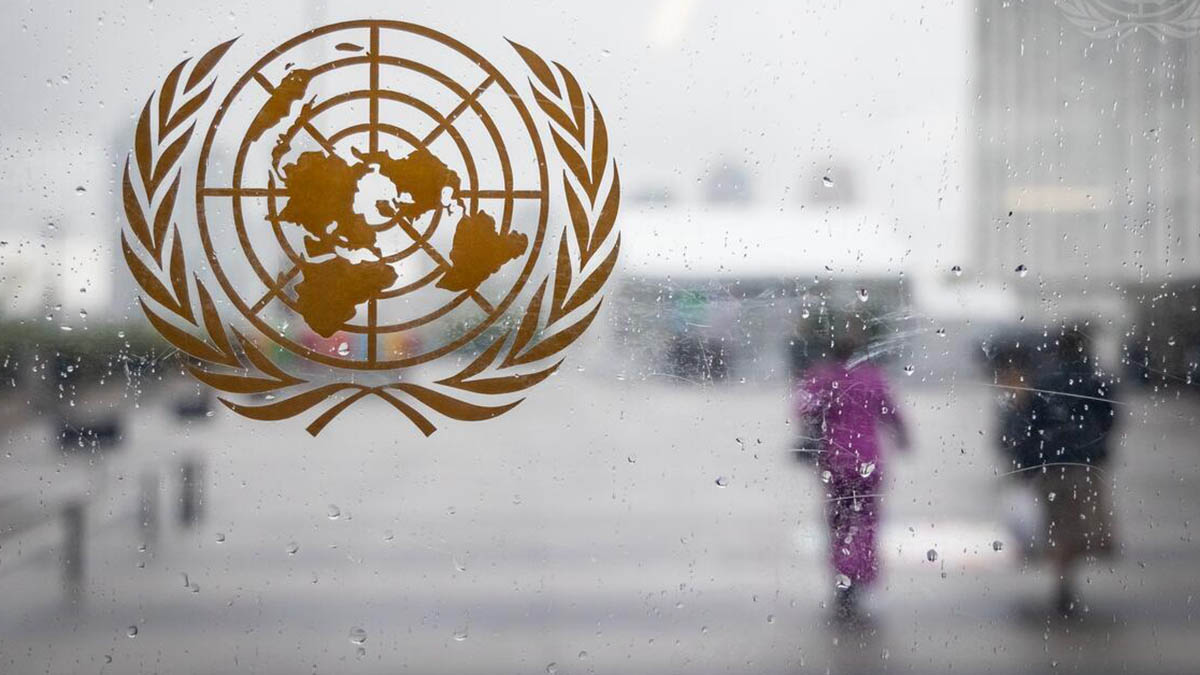Pascal Saint-Amans is the director of the Center for Tax Policy and Administration at the Organization for Economic Cooperation and Development (OECD). Luxembourg is one of the countries – along with the Netherlands – that the OECD has criticized for the use of controversial tax rulings. He talked to Le Monde about the significance of the Luxembourg Leaks revelations.
What is your reaction to the new revelations on corporate tax strategies in Luxembourg?
It’s hardly surprising to see that these tax ruling practices have been used – and continue to be used – in several countries, including Luxembourg. Addressing these practices is part of our plan to fight against aggressive tax planning by large multinational companies, called BEPS (Base Erosion and Profit Shifting), a plan that proposes 15 actions to be adopted in 2014 and 2015.
To improve transparency and, above all, eliminate the potentially harmful impacts of tax regimes, one of the 15 actions will require countries that use such preferential tax rulings to notify the other state or states concerned. After all, what is harmful about these rulings is that they guarantee a business freedom from taxes on profits that the business abusively declares in one jurisdiction which, in reality, should be declared and paid in the jurisdiction in which those profits are made.
We’ll then be able to see what changes occur when countries exchange information with other countries about their tax rulings.
So no progress has been made since the 2009 G20 meeting in London during which the world’s biggest economies promised to tackle fraud and tax evasion?
Well we have to distinguish between individuals and businesses.
As we saw at the Berlin Global Forum on 28 October this year, information exchange for tax purposes between countries relating to individuals will be a reality in 2017. One hundred jurisdictions and offshore territories have committed to this deadline. The end of bank secrecy is therefore well and truly underway.
Businesses, on the other hand, don’t rely on banking secrecy rules. They rely instead on unreasonable arrangements that allow them to geographically separate their activity and their revenue, on one hand, and their profits, on the other. This is the issue addressed through the BEPS plan, which will be discussed at the G20 (organization that brings together the world’s 20 largest economies) in Brisbane, Australia, on 15 and 16 November.

Given how much is at stake for both companies and countries through tax planning, how hopeful are you that BEPS will one day enter into force?
The G20’s decision to make BEPS a central policy is of crucial importance. In Brisbane, the world’s leading economies will confirm that BEPS is a priority. The purpose behind this is clear and acknowledged by all; we must end the weaknesses in current international tax rules, which were designed to avoid double taxation [where one company pays taxes in two countries for the same activity] but which actually resulted in double non-taxation [where the company ultimately pays tax in neither jurisdiction]. It is simply not acceptable that a company locates its profits in jurisdictions where the company has no real activity and where there are few or no taxes.
Which anti-tax optimization measures have real political consensus?
We are proposing 15 actions of which seven could be adopted as soon as this year.
Among those already accepted is the crackdown on the abuse of international tax treaties, which sees, for example, a French business investing in India pass itself off as a Mauritian company to benefit from a beneficial tax treaty between Mauritius and India. There is also agreement on neutralizing hybrid mismatch arrangements and the requirement for multinationals to provide details of their activity on a country-by-country basis.
The major stumbling block for now is over the famous “patent boxes,” which aim to encourage innovation by providing beneficial tax treatment on intellectual property. The OECD sees nothing wrong in patent boxes. Spurring innovation should be encouraged. But these boxes should be located in the same place where the R&D team work and where the real revenue is created – not in tax havens where nothing actually happens. In that case, the country offering the beneficial treatment is really just eating into what should be flowing to another country.
We’re hopeful of obtaining an agreement on this in the near future.
But lobbyists are increasingly active and some states fear that penalizing multinationals through this reform will harm their own economies. The resistance to change is powerful…
All nations are strongly engaged in constructive discussions and we are currently inviting more and more input from developing countries. Businesses are, as usual consulted through the process. But a number of them, particularly those in America, are opposed to reform.
Will the adoption of BEPS mean the end for tax planning?
If BEPS succeeds then we will see a reversal in the tax planning trend, which has become the default for many businesses. In today’s corporate environment, anyone who’s anyone seeks to reduce their tax burden by crafting double non-taxation agreements. Tomorrow, this kind of tax planning will be an afterthought. And in this new world, I’m sure we will see a global movement towards lowering the general business tax rate. A new and more ethical tax regime will emerge.
And what about Luxembourg? What about its approach and its future?
Luxembourg is one of the small, open economies to offer a highly competitive environment to attract investment. It’s in the same boat as Ireland, the Netherlands and Switzerland. It’s certainly true that Luxembourg has a reputation for being very aggressive in its policies on tax rulings. But the country is a partner in our work on BEPS and is participating constructively. We are very hopeful that our efforts will lead to a change in these controversial practices.
Other countries such as Switzerland and Ireland have already taken the lead on reform; Switzerland by abolishing the controversial tax breaks at canton level and Ireland in committing to end the “double Irish,” which allows profits to be sent to tax havens. The Netherlands, which also has aggressive tax rulings, is expected to announce changes in 2015.
Days out from the G20 meeting in Australia, do you have a message for world leaders?
Yes. Change to the international tax regime will only happen with strong political support.
It is simply not acceptable that large multinationals can take advantage of the weaknesses in current rules to reduce their tax burden at the same time when other taxpayers face growing burdens that they cannot avoid.
Interview by Anne Michel (Le Monde), translation by Will Fitzgibbon (ICIJ)




